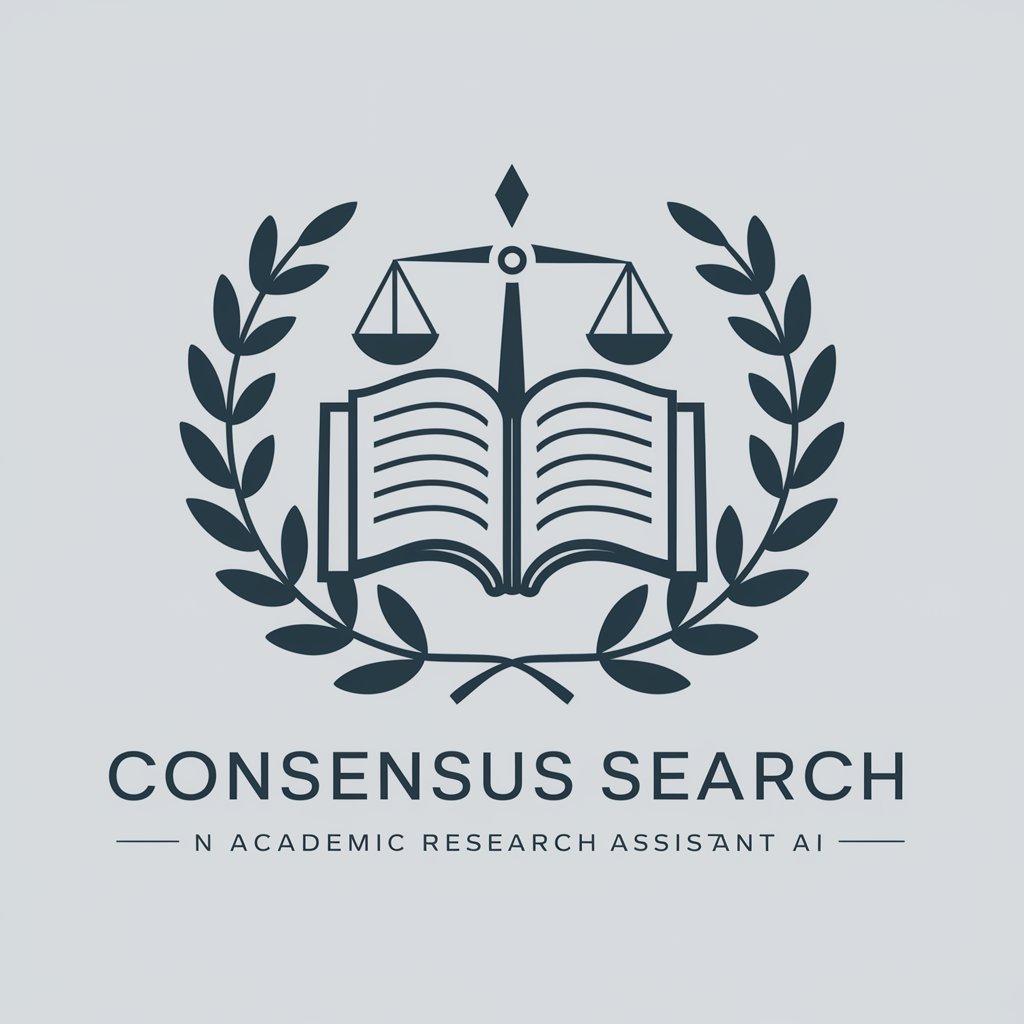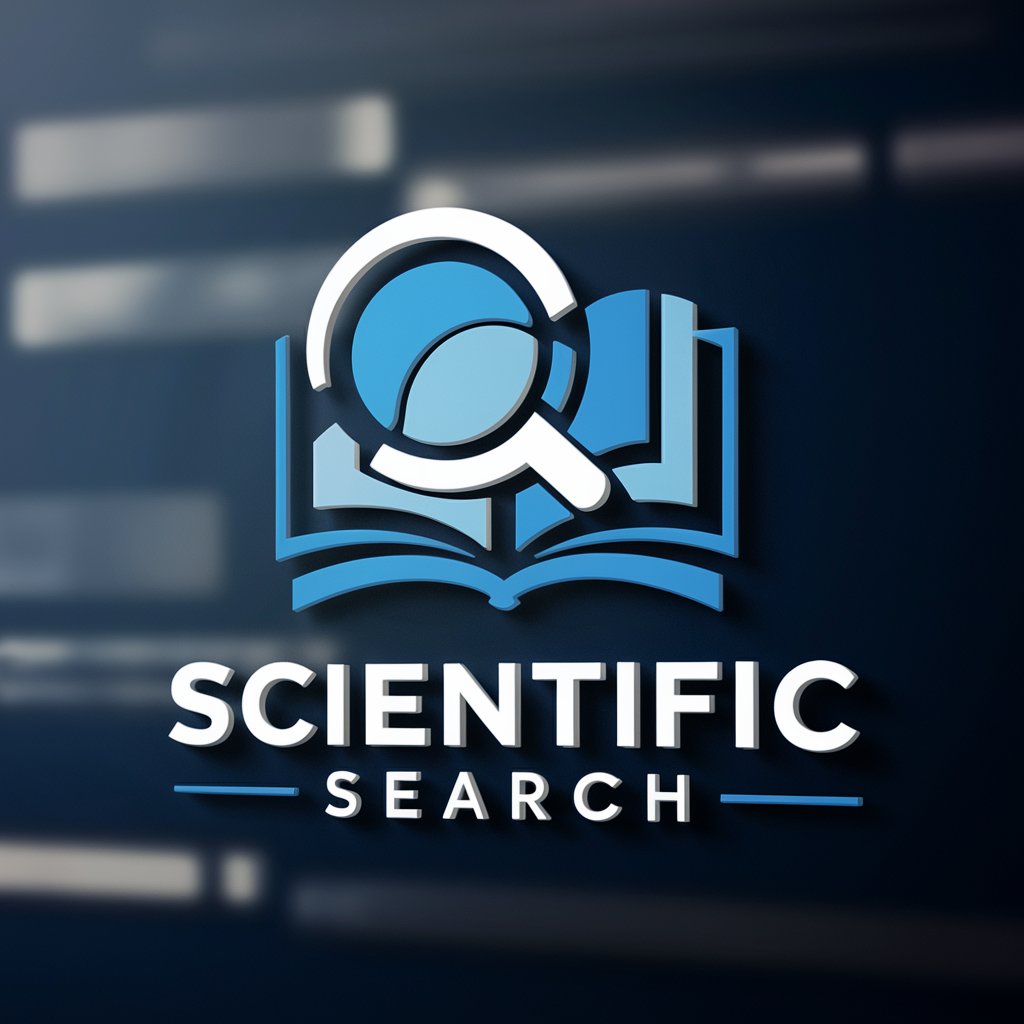
Mechanism Oriented Search (MOS) - Cross-Industrial Problem Solving
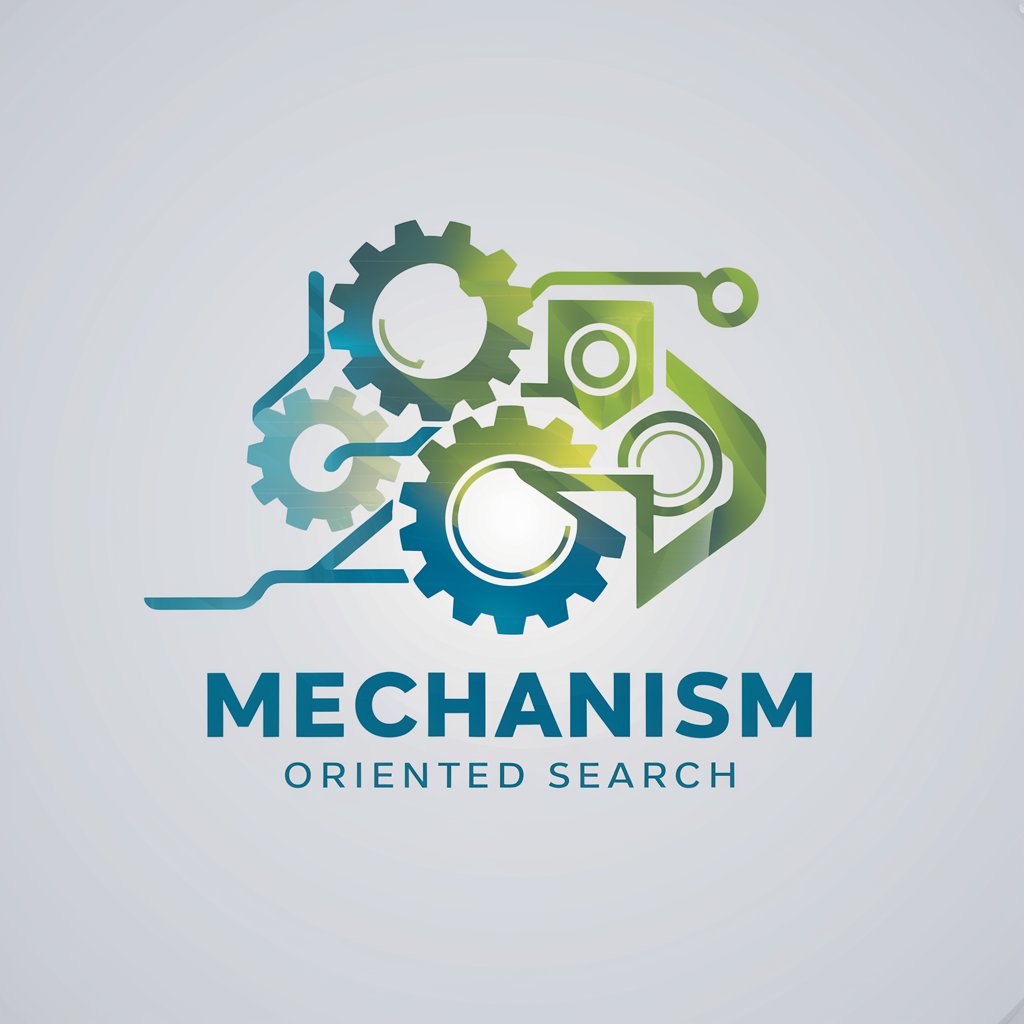
Welcome to Mechanism Oriented Search. Let's solve problems by finding shared mechanisms.
Unleashing AI to Navigate Complex Mechanisms
Identify the core mechanism causing the issue in your system and describe it in detail.
Think about a common problem in your industry and explain the underlying mechanism.
What is the fundamental process or mechanism driving the problem you are facing?
Describe the problem mechanism in your field and provide examples of similar mechanisms in other industries.
Get Embed Code
Introduction to Mechanism Oriented Search (MOS)
Mechanism Oriented Search (MOS) is a specialized search methodology designed to identify and utilize the underlying mechanisms of problems across various industries to find innovative solutions. Unlike traditional search methods that focus on surface-level comparisons or direct solutions, MOS delves into the fundamental processes and principles behind the issues. For example, if the initial problem is related to inefficient water usage in agriculture, MOS doesn't just look for water-saving techniques in farming but extends the search to other sectors like manufacturing or urban planning, where similar water management mechanisms are employed. The objective is to cross-pollinate ideas and solutions across different domains based on the abstract mechanism of the problem. Powered by ChatGPT-4o。

Main Functions of Mechanism Oriented Search
Identify and Abstract Problem Mechanisms
Example
In aquaculture, excessive fish feed contributes to water pollution. MOS identifies this as a 'resource allocation and waste management' issue.
Scenario
By abstracting the problem to its fundamental mechanism, MOS enables the application of solutions from industries like waste treatment or supply chain logistics, where similar issues are managed.
Cross-Industry Solution Mapping
Example
Considering a manufacturing efficiency problem, MOS maps this to similar efficiency issues in healthcare logistics.
Scenario
This allows for the adaptation of lean manufacturing techniques to improve healthcare supply distribution, highlighting the transferability of problem-solving mechanisms.
Innovative Solution Development
Example
Addressing urban air pollution, MOS identifies parallels with air filtration techniques used in biotechnology labs.
Scenario
This leads to the innovative application of bio-inspired air filtration systems in urban planning, showcasing the potential for cross-disciplinary innovation.
Ideal Users of Mechanism Oriented Search Services
Innovators and Researchers
Individuals or groups looking for unconventional solutions to complex problems, who benefit from the cross-disciplinary insights provided by MOS.
Product Developers and Engineers
Professionals seeking to improve existing products or develop new ones by applying mechanisms and principles from different industries.
Business Strategists and Consultants
Experts aiming to enhance business operations or solve industry-specific challenges by integrating cross-industry solutions and innovative practices.
Educators and Academics
Teachers and scholars interested in fostering interdisciplinary thinking and problem-solving skills among students through real-world applications of MOS.

How to Utilize Mechanism Oriented Search (MOS)
1
Start by visiting yeschat.ai for a complimentary trial, accessible without the necessity for login or subscribing to ChatGPT Plus.
2
Identify the initial system or problem area you wish to explore or solve. This could range from industrial processes to academic research topics.
3
Formulate the 'Mechanism of the Problem' by deeply analyzing the initial system, focusing on understanding the underlying mechanisms that drive the issue.
4
Generate an 'Abstract-Mechanism' statement that captures the essence of the problem in a generic form, enabling cross-industrial application and analysis.
5
Utilize the abstract mechanism to search across different industrial domains, applying the tool's database to discover similar mechanisms of the problem, key technologies, and action principles relevant to your query.
Try other advanced and practical GPTs
Intuition
Empowering Conversations with AI

Psychology of Addiction
Empowering recovery with AI-powered insights

Innovative Mechanism Idea Generator
Unleash Creativity, Design the Future

BMRS Analyst | Balancing Mechanism Reporting Serv.
Harnessing AI for Smarter Energy Insights

B2B Marketing Maven
Empower Your B2B Marketing with AI

PPT Helper
Empowering your presentations with AI

Mechanisms and Robotics Problem Solver
Solving complex robotics challenges with AI.
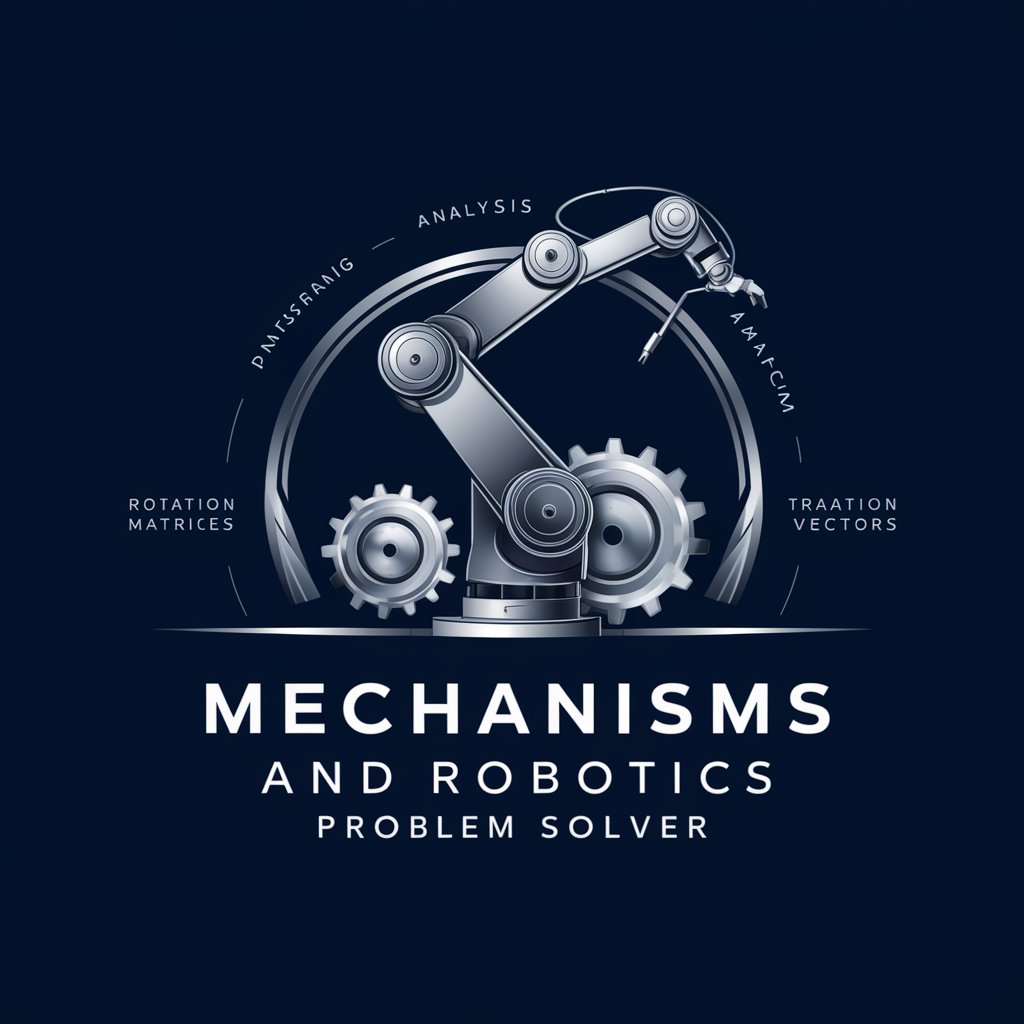
Mechanism Design Researcher
Empowering Decisions with AI-Driven Mechanism Design
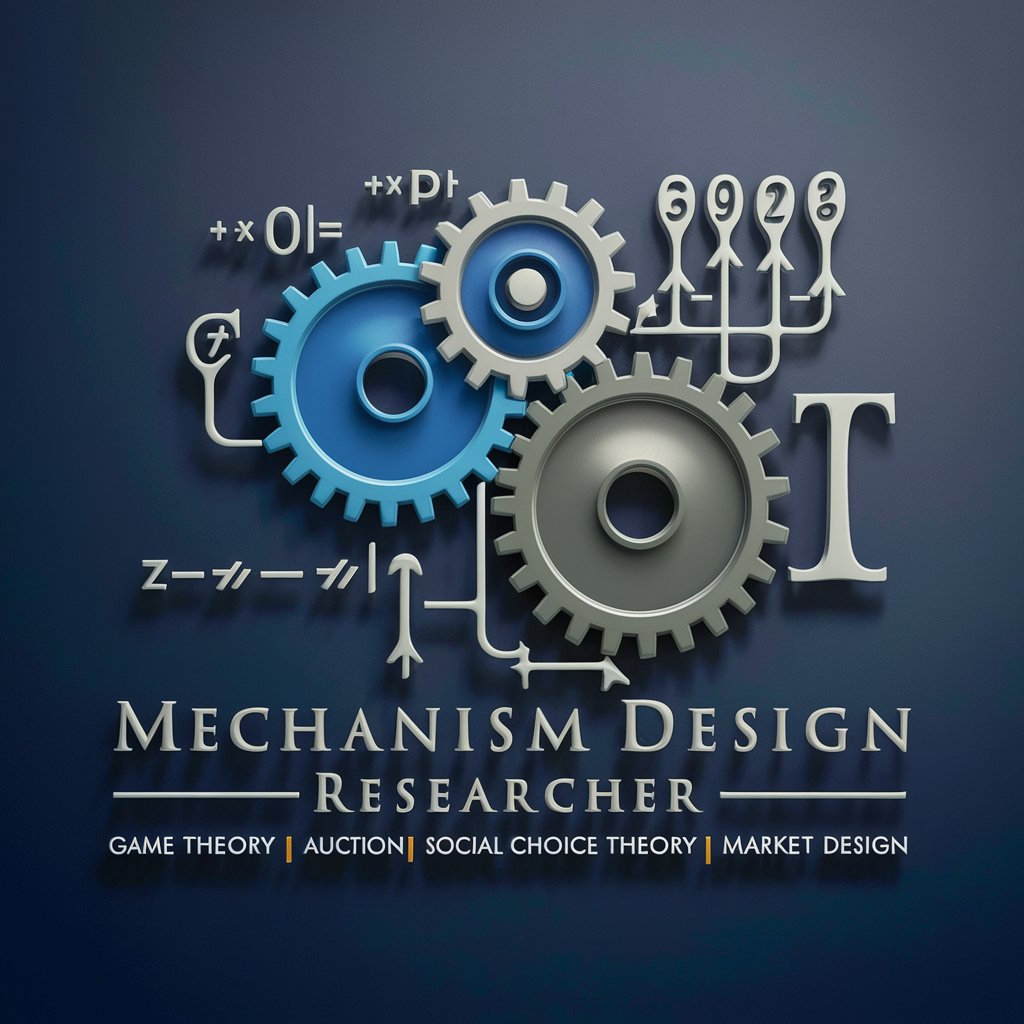
5E Mechanist
Empowering Your D&D Creativity with AI
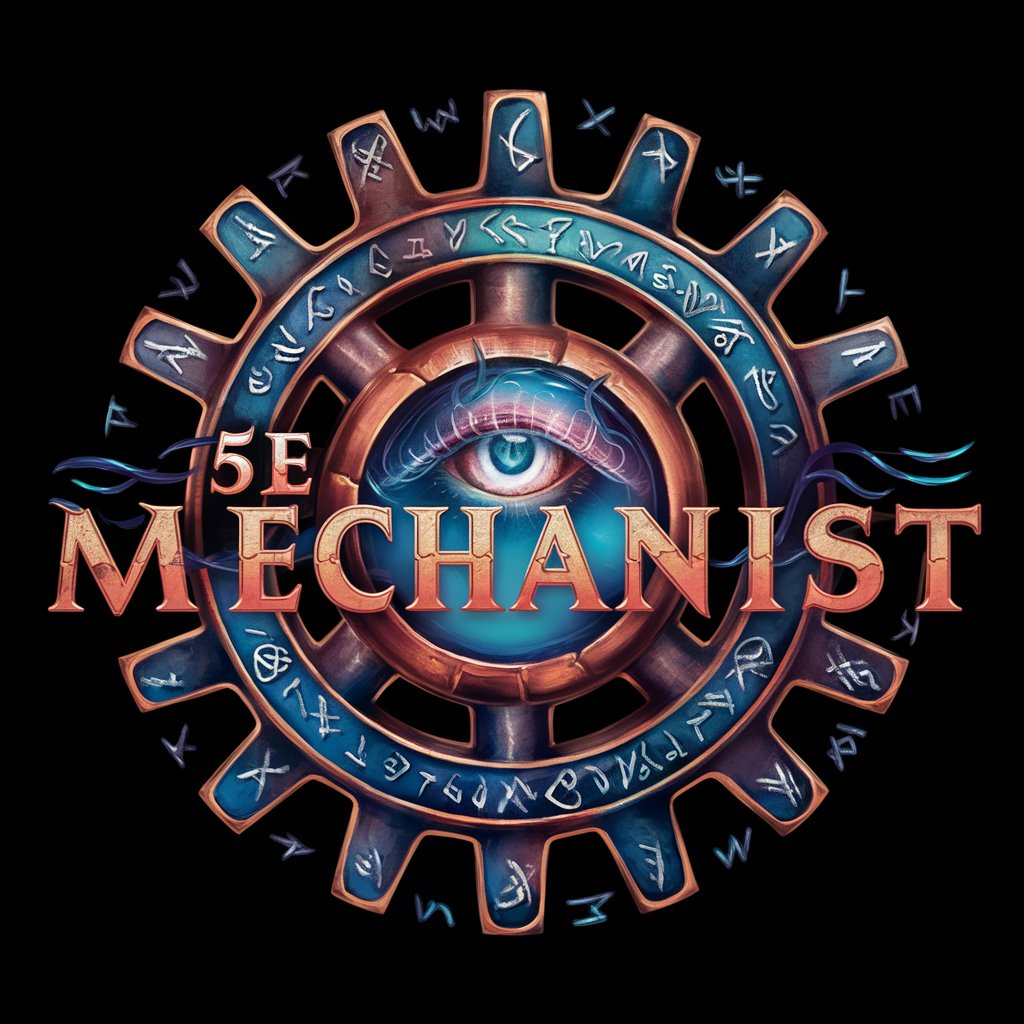
Kinematics and Dynamics of Mechanisms Tutor
AI-powered mechanism insights at your fingertips.
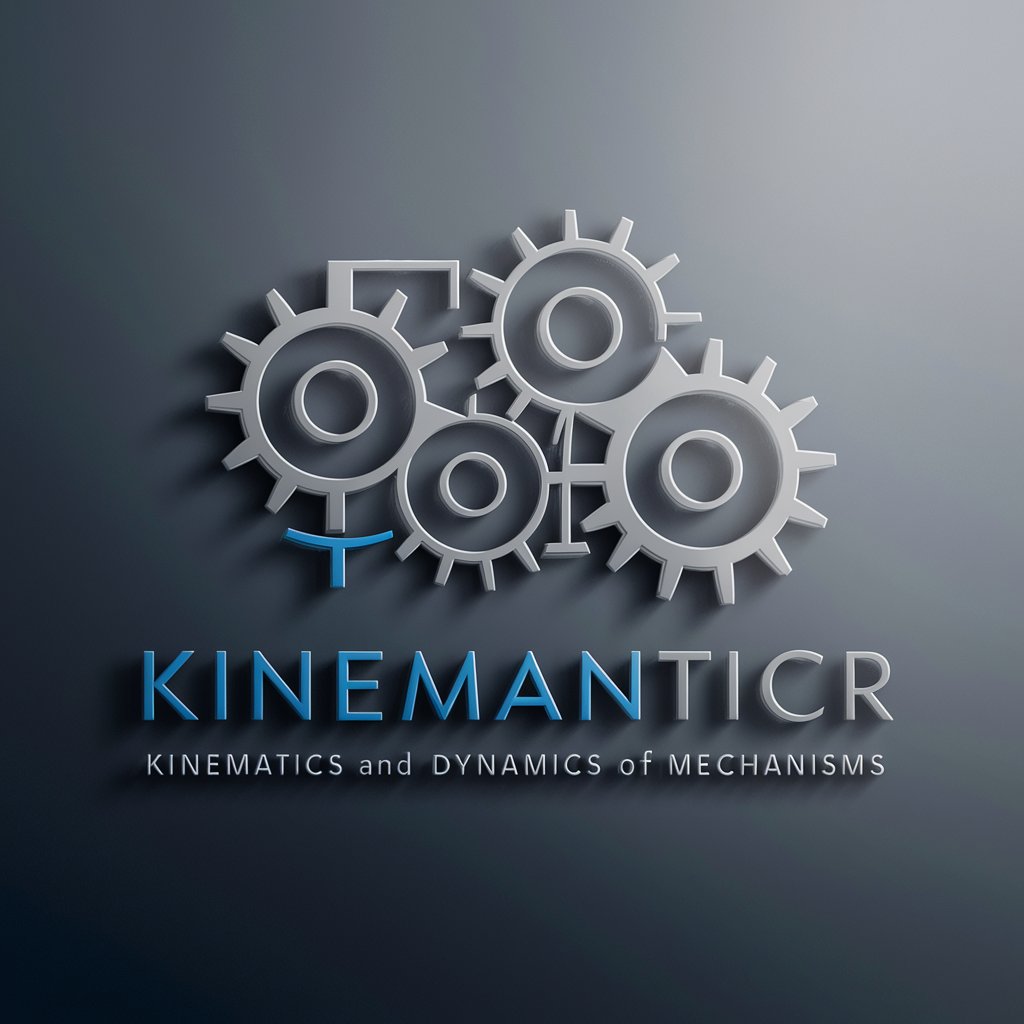
AI 彼女
Your AI-powered intimate companion.

健康彼女
Empower your health journey with AI

Frequently Asked Questions about Mechanism Oriented Search (MOS)
What is Mechanism Oriented Search (MOS)?
MOS is a specialized search methodology that identifies and applies the underlying mechanisms of a problem across various industries, aiming to provide innovative solutions through cross-industrial insights.
Can MOS be used for academic research?
Absolutely. MOS is particularly useful in academic research for identifying underlying mechanisms in various studies, facilitating interdisciplinary insights and fostering innovative approaches to research questions.
How does MOS differ from traditional search engines?
Unlike traditional search engines that match keywords, MOS focuses on understanding and applying the 'Mechanism of the Problem' across different domains, offering targeted and insightful solutions.
What industries can benefit from MOS?
MOS is versatile, benefiting a wide range of industries, including but not limited to healthcare, environmental management, engineering, and information technology, by providing cross-industrial solutions.
How can one optimize the use of MOS?
Optimizing MOS usage involves clearly defining the initial system, deeply understanding the problem mechanism, formulating a precise abstract-mechanism statement, and being open to interdisciplinary solutions.
